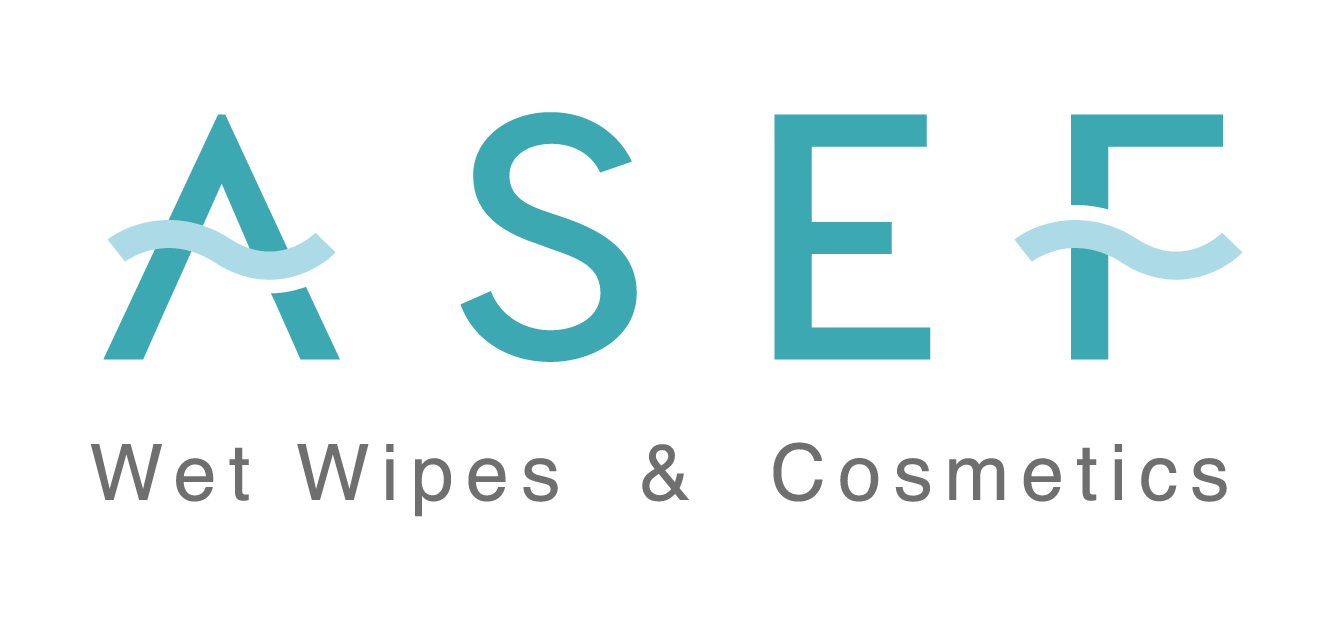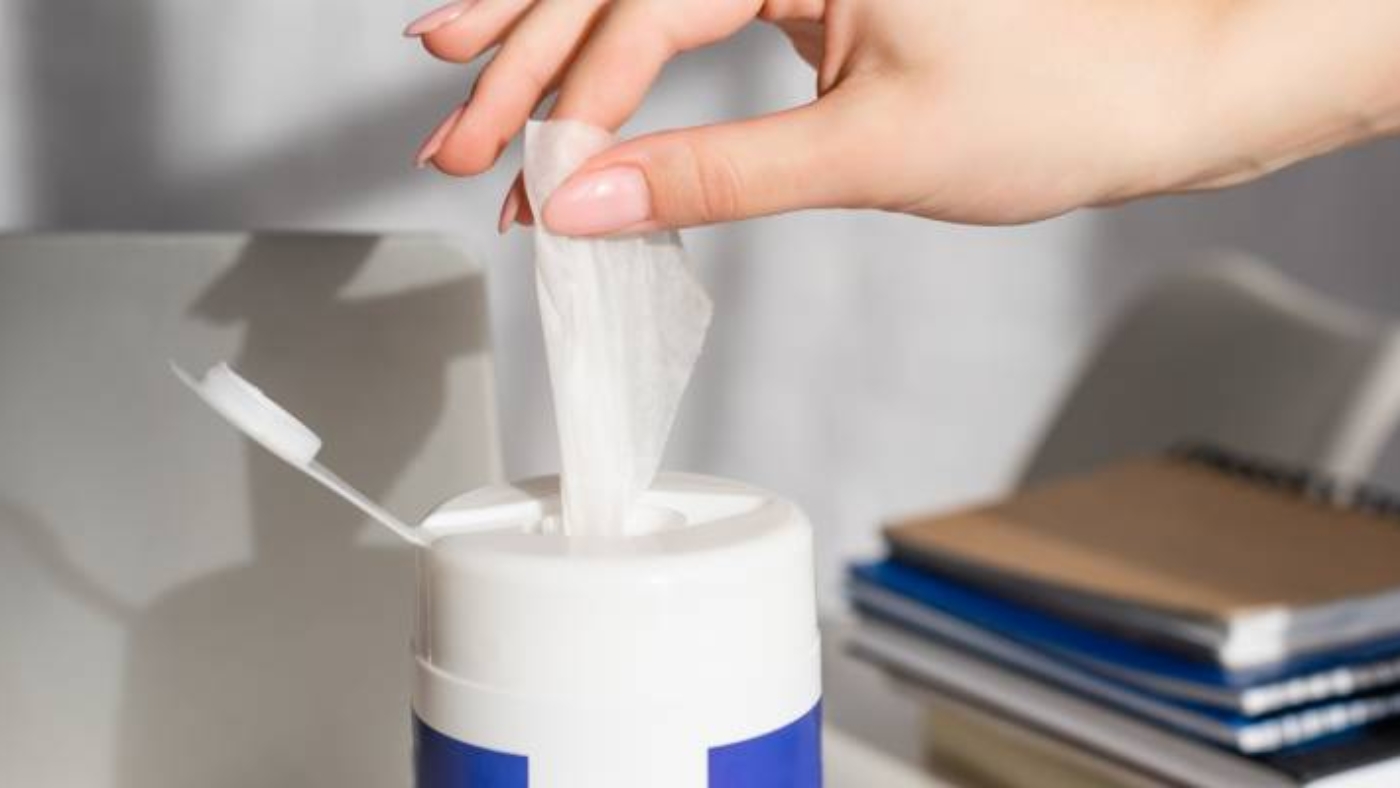Things to Consider When Using Wet Wipes
Wet wipes are one of the conveniences of modern life. These practical products, which almost everyone keeps in their bag, car or home, offer a quick and effective cleaning solution, especially on the road or when soap and water are not accessible. However, as useful as they are, there are some important points to be considered when using wet wipes. Acting with this awareness can help us both protect our health and minimise our impact on the environment.
Use in Sensitive Areas
Wet wipes, depending on their formulation, may not be suitable for some sensitive skin areas. It is important to consider the ingredients of the product and your skin type, especially when using it in sensitive areas such as around the eyes. Wet wipes containing irritants such as alcohol and perfume may cause skin problems in such sensitive areas. For this reason, it would be a better approach to prefer hypoallergenic and alcohol-free products specially produced for sensitive skin.
Package Storage
Tightly sealing wet wipe packs after each use is essential to prevent the wipes from drying out. It is critical for wipes to retain their moisture and maintain their suitability for their intended use and their effectiveness against microorganisms. Wipes in open packs can quickly dry out and become dysfunctional, thus preventing waste.
No Substitute for Hand Washing
Wet wipes are not a substitute for hand washing. Washing your hands is the most effective way to physically remove microorganisms and especially to prevent the spread of viruses and bacteria. Wet wipes can be used as a temporary alternative when soap and water are not available; however, hand washing should be prioritised as much as possible.
Prefer Environmentally Friendly Options
In terms of environmental impact, it is also important to be conscious about the use and disposal of wet wipes. Conventional wet wipes may be made of non-biodegradable materials, which can harm the environment. Choosing wet wipes made from biodegradable, environmentally friendly materials can be an important step in reducing this negative impact. Also, disposing of wet wipes in the bin after use, rather than flushing them down the toilet, eliminates the risk of causing blockages in sewerage systems.
In conclusion, while the use of wet wipes is one of the practical solutions brought by modern life, being careful when choosing and using these products can contribute to our efforts to protect our health and the environment. The correct use of wet wipes makes the place of these practical helpers in our lives even more valuable.

